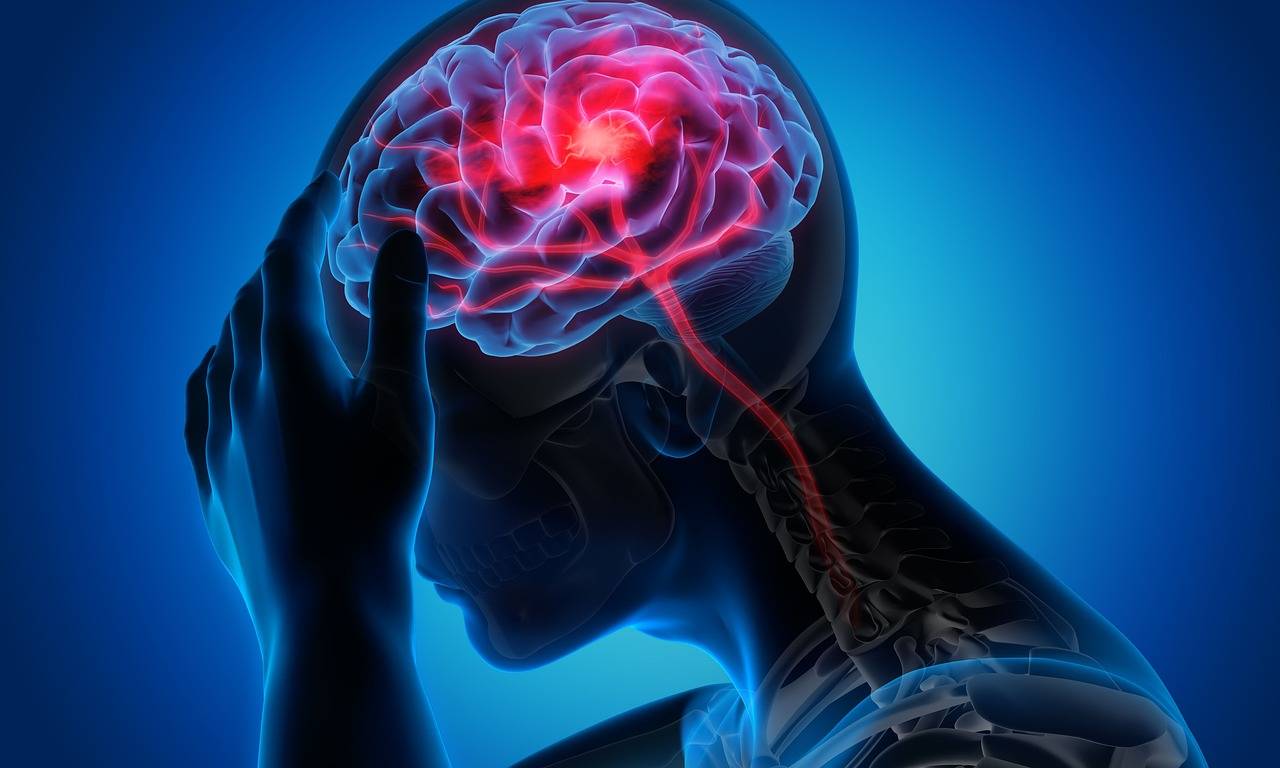The Connection Between Diet and Anxiety
Nutrition plays a crucial role in mental health as the brain requires a variety of nutrients to function properly. Adequate intake of essential vitamins, minerals, and antioxidants is necessary for optimal cognitive performance and emotional well-being. Research suggests that a balanced diet rich in whole foods, such as fruits, vegetables, whole grains, and lean proteins, can help support mental health by reducing inflammation and oxidative stress in the brain.
Furthermore, certain nutrients have been linked to the synthesis of neurotransmitters, such as serotonin and dopamine, which regulate mood and emotions. For example, omega-3 fatty acids found in fatty fish like salmon and walnuts have been associated with improved mental health outcomes and reduced risk of depression. By paying attention to our dietary choices and ensuring we are nourishing our bodies with essential nutrients, we can positively impact our mental health and overall well-being.
Impact of Food Choices on Anxiety Levels
When it comes to managing anxiety levels, the role of food choices should not be underestimated. Research suggests that what we eat can impact our mental well-being, including how we experience anxiety. Foods rich in nutrients like omega-3 fatty acids, antioxidants, and complex carbohydrates have been linked to lower anxiety levels. On the other hand, diets high in processed foods, sugar, and saturated fats may contribute to increased feelings of anxiety.
Moreover, the gut-brain connection plays a crucial role in how food influences anxiety. The gut microbiome, the diverse community of bacteria living in our digestive system, communicates with the brain through the gut-brain axis. Consuming a diet that supports a healthy gut microbiome, such as one that is high in fiber and fermented foods, may help reduce anxiety symptoms. In contrast, an imbalanced gut microbiome due to a diet lacking in variety and nutrients could potentially exacerbate feelings of anxiety.
How does nutrition affect mental health?
Nutrition plays a crucial role in maintaining good mental health. A balanced diet rich in essential nutrients can help regulate brain chemistry and function, impacting mood and anxiety levels.
Can food choices influence anxiety levels?
Yes, certain food choices can have a direct impact on anxiety levels. Consuming high-sugar, processed foods and drinks can lead to blood sugar spikes and crashes, which may exacerbate feelings of anxiety.
What are some foods that can help reduce anxiety?
Foods rich in omega-3 fatty acids, such as salmon and walnuts, have been shown to have anti-anxiety properties. Additionally, foods high in magnesium, such as leafy greens and nuts, can help reduce stress and anxiety.
Are there any foods that can increase anxiety?
Yes, certain foods and drinks can contribute to feelings of anxiety. Caffeine, alcohol, and high-sugar foods can all impact neurotransmitters in the brain and lead to increased feelings of anxiety.
How can I improve my food choices to reduce anxiety?
Focus on incorporating whole, nutrient-dense foods into your diet, such as fruits, vegetables, lean proteins, and whole grains. Limit consumption of processed foods, caffeine, and alcohol to help manage anxiety levels.





